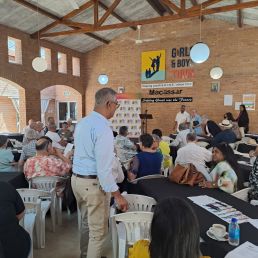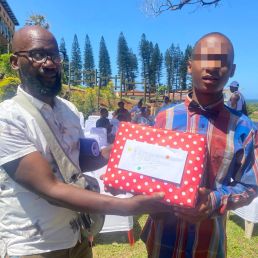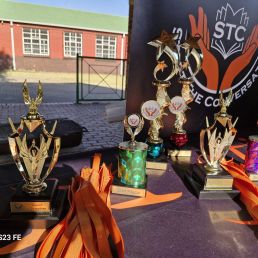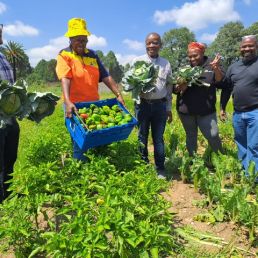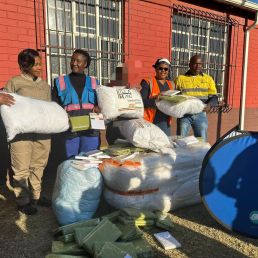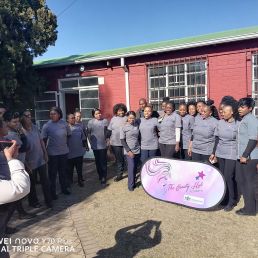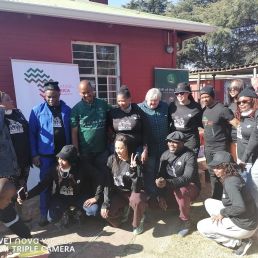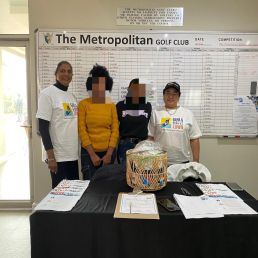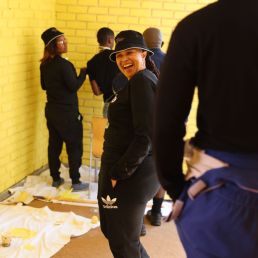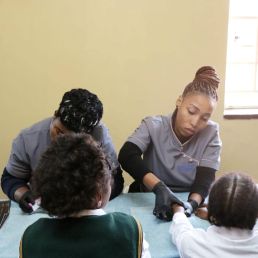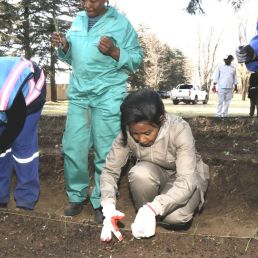Girls and Boys Town South Africa welcomes efforts to combat underage drinking and abuse
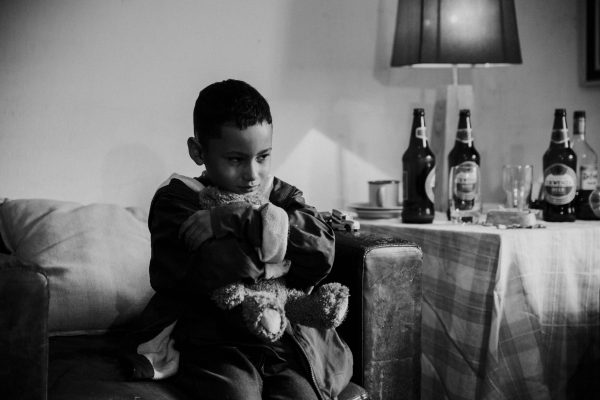
Girls and Boys Town South Africa (GBTSA) welcomes the call by Parliament’s Portfolio Committee on Social Developments for additional police to be deployed to taverns and shebeens to ensure owners are not selling alcohol to underage customers.
Currently, children’s access to alcohol is not sufficiently monitored and is contributing to increased social disintegration.
“Many people do not realise the impact that underage drinking has on a child or society at large. Parents, adults, and caregivers unintentionally encourage underage drinking through glamourising it or through the practices of sending children to buy alcohol or allowing them to take ‘just a little sip’. Speaking about alcohol has become normal and there has been a desensitisation to its effect which has left our children vulnerable,” says Lee Loynes, CEO of Girls and Boys Town South Africa.
According to Aware.Org, 50% of teenagers in South Africa have tried, or consumed alcohol. In South Africa, substance use generally starts during the teenage years and can commence as early as 10 years old.
Alcohol use during the formative early years is related to a wide range of health and social problems. It can affect the healthy development of vital organs and functions, including the brain, liver, bones and hormones. It is also associated with increased alcohol-related injuries, involvement in violence, suicidal thoughts and attempts, having more sexual partners, pregnancy and using drugs.
At GBTSA a lot of effort is put in to ensure that youth placed by Children’s Courts into its healing residential care environments are protected from alcohol abuse through holistic prevention and where needed, individualised treatment programmes and that young people are better equipped to have a responsible approach to alcohol when they leave its care.
GBTSA has a programme that addresses substance use, at different levels: prevention, early intervention, external intervention (in-patient treatment), after-care and maintenance after in-patient treatment.
This is the Chemical Dependency programme where GBTSA staff, Social Workers and Child and Youth Care Workers are equipped to provide the prevention and early intervention programmes.
The Social Workers teams in all the regions have developed relationships with external service providers to access in-patient treatment.
GBTSA’s 2021 report on alcohol and drug abuse among youth that have left care indicates the following:
- 83% of participants were drugs and alcohol ‘free’ after the first year out of care. Drugs and alcohol ‘free’ is defined as avoiding binge drinking more than once a week, not using dagga/weed more than twice a week, and not using hard drugs in the past month.
- At least some alcohol usage was to be expected of young people who have just left care at 18 – after the first year, 34% reported having had at least one alcoholic beverage in the two weeks prior to the interview, and of those, 18% said they drank more than five drinks in a row (binge drinking).
Our Social Workers team is currently being trained in the Twelve-Step Facilitation Therapy that has its basis in the Alcoholics Anonymous program but is applicable to all addiction.
“We need all of your help to tackle this problem. We need homes to be a safe space for kids and for their communities to be protective of them. We need to start the conversation earlier, and encourage every single person to realise that they have a role to play in protecting our children,” concludes Loynes.
About Girls & Boys Town:
GBT’s legacy is about fulfilling dreams and bettering lives. We are so excited to be able to celebrate the achievement of having come this far. Our focus is on children “at-risk” and families facing overwhelming challenges. We create opportunities for youth to grow and develop into responsible citizens who are able to contribute to family and community life.
Most children arrive at our centres with shattered dreams, sick at heart and often half-starved in body. Some have been physically or sexually abused, neglected or abandoned. Some come from broken or poverty-stricken homes while others have done badly at school, have discipline issues, challenge authority and lack social skills.
Girls & Boys Town delivers national services that:
- Focus on the individual needs of youth in Family Homes and Youth Development Centres, by implementing nationally researched and specialised child and youth care programmes.
- Improve the healthy development of youth in the broader community through Girls & Boys Town’s national Hotline and regional Training and Resource Centres.
- Capacitate parents, caregivers, families, professionals, educators and others in the field of youth development through its National Family Services and Training Services divisions and programmes.
- Are sensitive to the need to deliver community-based services for youth in greatest need in less resourced communities.


